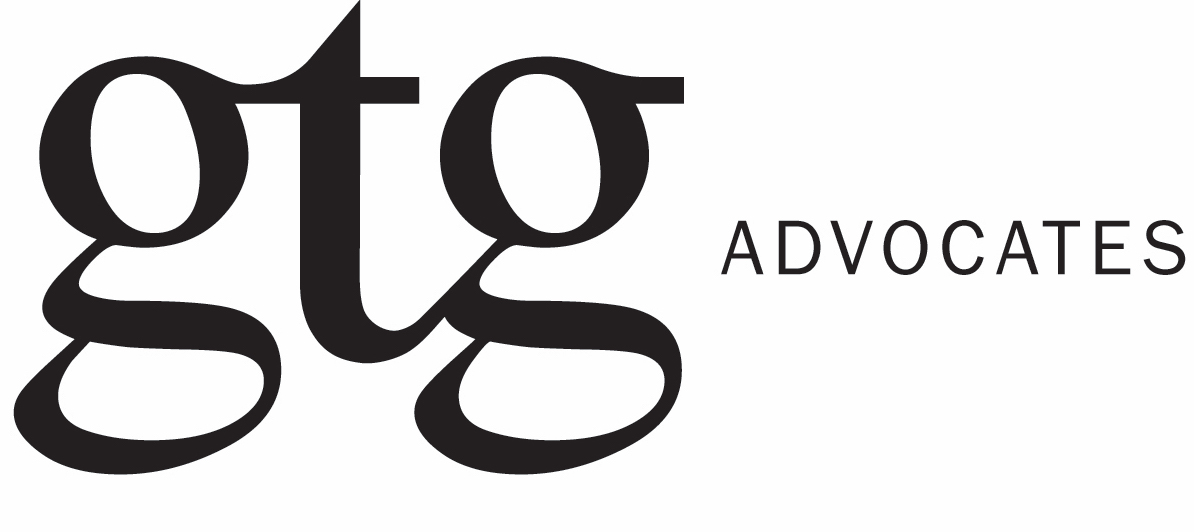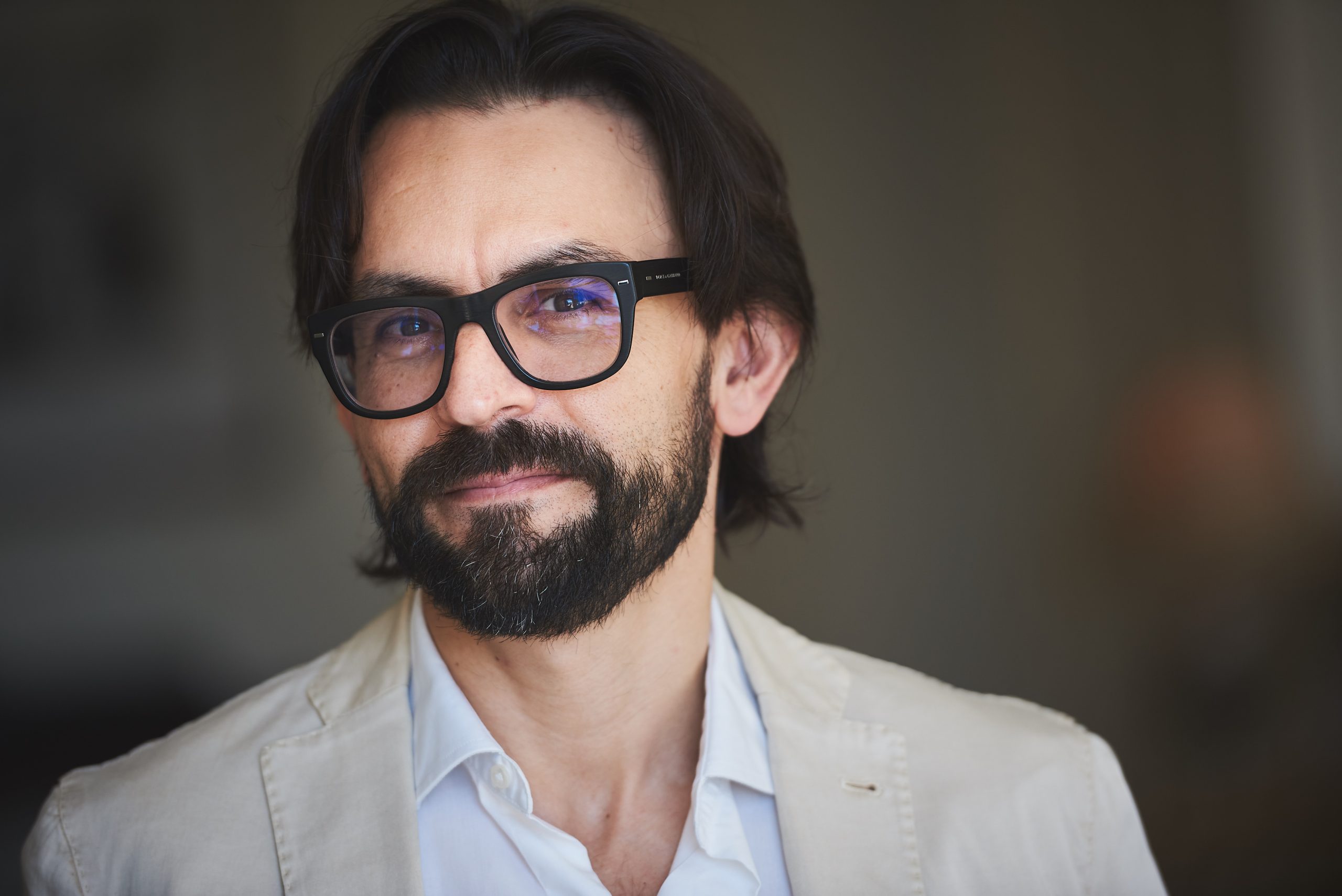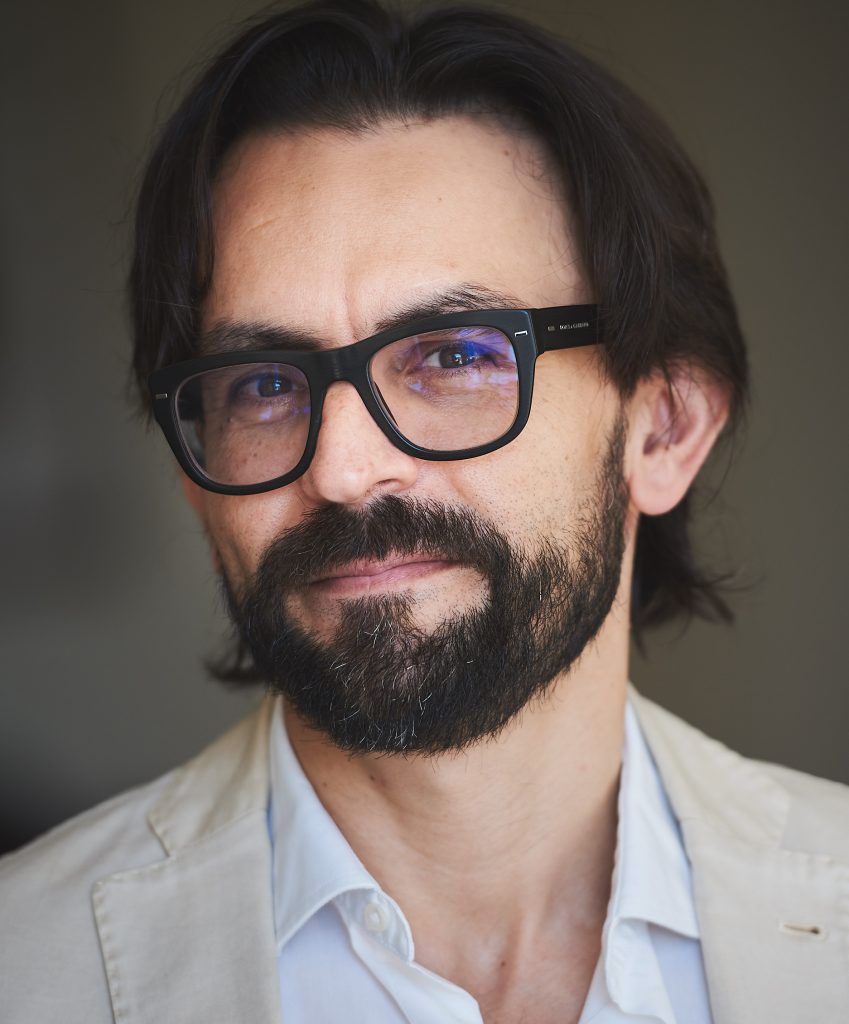We had the opportunity of having a mindblowing interview with Mr Ian Gauci who is one of the leading lawyers in Malta, and has contributed in creating the Malta Digital Innovation Authority. He also is a strategic advisor appointed by the Maltese Government established the Blockchain Task Force . Take a look at when we says ”We are an Innovation Hub”
Interview Date :19th February 2020
- Interview with Ian Gauci (All Interviews)
- 10 years ago, Lawyer said “This will be the future”
- We are not a Blockchain Island
- The nomenclature of Crypto
- Maltese government embracing Blockchain
- Malta Digital Innovation Authority
- Interesting Crypto Cases as a Lawyer
- Start-up companies in Malta
- Soon to be a matured Crypto ecosystem
- Banks
- The “Sit, See, Wait, and Bear” Situation
- Risk is bigger in Fiat than Crypto on AML side
- Advancing Technology letting down Younger Generation
- Have to believe in Climate Change as much as we do in Crypto
Interview with Ian Gauci (All Interviews)
10 years ago, Lawyer said “This will be the future”
I think the first time I heard about crypto was approx. 10 years ago. What intrigued me then, and still does, more than crypto and bitcoin, was the technology and the medium behind it; the blockchain. At that time, there was a conference in Abu Dhabi, which I decided to attend. When I heard about the blockchain technology and crypto, I remember telling my partners “Listen, this blockchain technology is great,” and the senior partners who are now in their sixties and are the typical conservative lawyers asked “do you see any value in it?” I told them “This will be the future!”
After taking part in my first Blockchain conference, I continued to research about it and study it as well as writing articles about it. I also met similar minded people both locally and abroad, and we started exchanging ideas. I started learning from people who had a PhD in technology even though I am not a technologist, I still loved the technology. This also made me think about amplifying some legal concepts in that regard. Later on, the Maltese Government established the Blockchain Task Force, and I was appointed on this Task Force as an advisor to the Government. From there on, together with a fantastic team of experts, we started writing the law in respect of this new technology. We expanded further and created the Malta Blockchain Association and branched out to universities in order to teach people about it.
We are not a Blockchain Island
I would not say that we are a “Blockchain Island” like many people say, but I would rather say that we are an “Innovation Hub.” This attribute of being a Blockchain Island arose and stuck because we were one of the first countries to tap into this new ecosystem, whereas other countries were being more restrictive or decided to ban it. So, in a way we kick started a whole movement from Malta. We acknowledged that crypto is something a little different from financial services; it had value and could propel blockchain as a technology, in other words the DLT. This is due to it being the underlying layer, and the underlying technology.
We were also aware that the crypto industry was fraught with problems due to fraud as well as a clear lack of experience from the market players. That in turn prompted us to intervene as we saw that regulation was required. So, we took that particular angle and I think here is where Malta is unique when it comes to crypto – the fact that we guided and created regulation, and licensing on the crypto side with a technology authority being part of it as well. At the end of the day, Fin-tech is a space for technology where you have functions including automation, disintermediation, decentralization, etc,. are emanating from it. All these functions are detaching the human from elements of responsibility, regulation and sometimes control. Hence we also crafted a specific regime to cater for certification of technology, and what we refer to as, innovative technology arrangements.
The nomenclature of Crypto
When talking about Crypto (not blockchain), its definition as well as its treatment under our Law depends in the first instance on the outcome of what we call, an FIT test, to determine whether it is a payment instrument, a security, a financial instrument, e-money, a virtual asset or else a virtual financial asset, which is a storage of value and a medium of exchange.
In, Malta, we don’t use the term “Cryptocurrency” or “Token”. Instead we do call it a “virtual financial asset”. We first start by analyzing a particular token. When we analyze a token, we assess whether it as a payment instrument, e-money or a security. If it would have the attributes of money, it will not be regulated by the Virtual Financial Assets Act (VFA) but by Financial Services.
Maltese government embracing Blockchain
The Maltese government embraced the blockchain technology before other countries. It also embraced the decentralization aspect of blockchain. I would say that we were one of the first countries not only to embrace it but also to add specific legislation on it as well. Here, we are referring to blockchain and not crypto. A specific authority which is the Malta Digital Innovation Authority has been set up and it is the first of its kind in the world. Now even Europe and America want to have auditability, and create certification of complex smart contracts, and they are trying to create it. We already have guidelines as well of how to audit a smart contract and how to audit and certify DLT. We are seeing the crypto industry growing and being treated in the same way as financial services; if you give advice it will be regulated, if you are holding custody, it will be regulated. For the time being, I would say that if you have got regulation in the crypto industry, you will have prospect, and we need to be more flexible with adjusting ourselves to the country’s needs as well.
Malta Digital Innovation Authority
The Malta Digital Innovation Authority (MDIA), is a special authority which one can say is well ahead of its time. If you look around in Europe and other places, so far there is no equivalent for this authority anywhere else. This is an authority created especially for auditing and certification and for creating guidelines on innovative technology arrangements. Part of an innovative technology arrangement can be a DLT, blockchain, smart-contracts, and very soon it can be AI as well. Malta has already rolled out an AI framework. Thinking about the future, there is going to be more automation, and so far we have seen automation in several sections already, like car automation as well as in the health industry. However, along with all this, you need to have somebody to audit the technology, which is a place where in most occasions the human no longer is in control. So, someone is needed to audit this to ensure that what is being promised is also what should be legitimate and actually coded and that the software is fair, accurate and transparent.
We have also adopted the Forensic Node system. This forensic node which is like the black box in an airplane, a virtual machine or a server that captures all the activities of a particular certified entity. So, the auditor can first and foremost check if the particular operators and technologies have complied with the certification requirements. If there would be something wrong with it, they can easily pinpoint what went wrong, and proceed to identify measures that can be taken to address the issue.
Interesting Crypto Cases as a Lawyer
I have come across quite a number of interesting incidents and people, given my background and the knowledge I have gained over the years in this sector together with my experience as an arbitrator in a number of cases. I had a particular case where some people were chasing me to assist them in their ICO. I refused their case because I did not believe in their business plan. Despite this, even though I refused their case, they still used my name in their document because they knew I was advising the government and that I am known in other countries, as well as for the work I have done here in Malta. I contacted them, and they told me “if you want we will pay you and give you coins”. It was hilarious and I replied saying “it is not a question of whether I will be paid or not, you have to remove my name!” On other occasions, I have met many people coming to my office in Malta and trying to sell me their business cases. The first thing I ask them is “What is the value of blockchain and tokenization in your business plan or white paper?” Many would reply saying “It would be nice to have….” So I would just say “OK, you may leave now”. This happens every now and then and I have many stories like this happening at my office.
Start-up companies in Malta
When you want to incorporate a company in Malta to do crypto activities, aside from the due diligence on the shareholders, directors as well as key employees, they will also need to substantiate their plan if they are going to provide crypto services. They will also need to get a license and the regulatory scope permission from the Malta Financial Services Authority.
Soon to be a matured Crypto ecosystem
This industry is still very young. Nevertheless, in the last couple of years we are seeing more sophistication as well as maturity. We are slowly seeing sanitization and more corporate responsibility because it is very important for certain companies providing their products and services. We are also seeing more knowledge being provided to users because people tend to say “YES” to tokenization even though in reality they don’t know the actual mechanics in the environment behind it. In the beginning, we had problems with the technology itself as it was still immature. But I think we are moving ahead and are seeing quite interesting products in the market. We are also seeing scalability on certain blockchains which was something on our “wish-list” before. All this being said, I believe the future is still very bright.
Banks
I believe that, not only the banks in Malta, but all over the world are reluctant to address risks. Thus, most of them outright avoid risks instead of managing them. Let’s take a look at someone who would want a loan and the bank is backing the financial part, this would be considered an element of risk, but this is also the way banks make money. Banks are not there to keep money for certain individual’s safety or their goals. So, considering that crypto is also categorized to be a risk as well, the reason for why they are avoiding it is because it still is an unchartered territory. It is not regulated to the extent that banks would think it might be worth risking it, and it also captured by AML, similar to Financial Services or gaming, so the risk is much higher as everything is under the AML. I hope that with more knowledge, the industry will not only award licenses but also start stronger regulation.
The “Sit, See, Wait, and Bear” Situation
The crypto industry is not a “see and wait” kind of situation. “See and wait” would only apply if it is not affecting you. If it’s affecting you it would be a “sit, see, wait and bear”. Bear what? You will have to bear the consequences, and part of that would be that the reaction to a situation especially in such a market might be too late. You would like to go safe and wait to see if it’s affecting the country’s market, like for example the European commission is handling it by saying “It is true that blockchain and crypto are something which goes beyond Financial Services, but we rather harmonize legislation.” With such a statement however, if you would wait for year, you will lose on opportunities and you might as well lose on value. The same reasoning applies if you regulate too heavily, so there is no silver bullet.
Risk is bigger in Fiat than Crypto on AML side
We cannot deny that there is a risk in crypto, but many people do not think about the risk in fiat; the risk is even bigger there. Why it is bigger in fiat is due to the fact that crypto can be traced. With the technology, you can back it up and have the control and measures which created traceability. For a healthy industry, we cannot have people abusing or manipulating the market, or fraud and theft. Aside from the latter you also need to have trust in the underlying technology particularly when we have more decentralization and automation.
Advancing Technology letting down Younger Generation
In the future it might be that we might not call it blockchain anymore. I mean we already have blockchain 1.0 , 2.0 etc. More than blockchain, I think that we will think more about the elements and the functions which originate from software in the future. I can picture a more converged environment, and through this converged environment, things will hopefully move faster as the technology propelling this environment will develop and improve even more. We can expect more capacity, more bandwidth, more storage even though we already have the decentralized elements. I also hope that with all this advanced technology and innovation we keep our own identities, and that we still know what our rights are, how to protect and defend them.
Have to believe in Climate Change as much as we do in Crypto
If we believe in the fact that climate change is true as much as we believed in potential value in crypto and blockchain, they can take action and reverse it before it is too late. We need to contribute ecologically as well and I think that our younger generation has the will and they will find a solution for it as well. It is embedded in our DNA by nature to make sure we have a safe environment. And let’s save it; if we don’t have a safe environment that is an ecological friendly environment, there will be no blockchain or anything else as people will have to suffer from the consequences of nature. So we have to look at our intents and think again about what to prioritize.
Dr Ian Gauci is the Managing Partner at GTG Advocates, Afilexion Alliance and Caledo Group. He is engaged primarily in technology law, fintech, regtech, electronic communications, information society, data protection and gaming/gambling, while also focusing on consumer law, competition law, broadcasting law, cyber law, e-commerce, m-commerce, e-health, e-payment, information technology, unfair commercial practices and misleading advertising.

Interviewer , Editor : Lina Kamada
【Disclaimer】
The Article published on this our Homepage are only for the purpose of providing information. This is not intended as a solicitation for cryptocurrency trading. Also, this article is the author’s personal opinions, and this does not represent opinion for the Company BTCBOX co.,Ltd.


